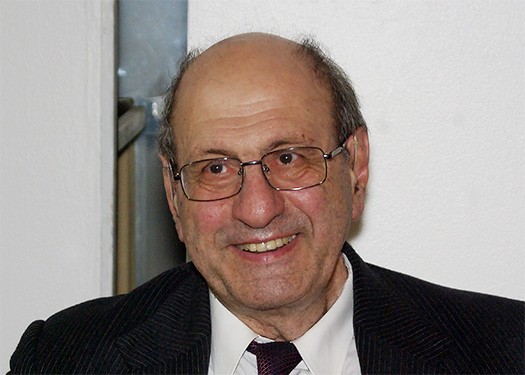Eminent human rights defender José Zalaquett passed away on February 15. “Pepe,” as he was known by many, helped pioneer the field of transitional justice and inspired countless human rights defenders around the globe.
Early on in his career as a lawyer in Chile, he sought out ways to apply the law to help improve the lives of the poor. In his late 20’s, he joined the administration of President Salvador Allende, serving as director of the Legal Department of the Corporation for Agrarian Reform. After the bloody coup d’etat in 1973 that brought to power the dictator Augusto Pinochet, he helped establish the legal defense team at the fledgling Committee of Cooperation for Peace in Chile, a human rights organization created to defend the rights of political prisoners and their families. After the regime dissolved the committee two years later, the members regrouped and founded the successor organization Vicariate of Solidarity. Among them was Zalaquett, who continued to lead the defense team. His tenacity and skillful use of the legal framework and habeas corpus petitions forced the judiciary to make official pronouncements and document detentions. Zalaquett, however, paid a high price for his legal victories; the Pinochet regime detained and imprisoned him and later in 1976 expelled him from the country.
Zalaquett lived in exile for a decade, though he never relented in his efforts to advance human rights. During this time, he got involved with Amnesty International, eventually leading its governing body, the International Executive Committee. His courage, combined with a strict adherence to rigorous analysis and an even temper, earned him respect among diverse colleagues and policymakers. Zalaquett returned to Chile in 1986. When Chile embarked on its transition to democracy in 1990, he played an instrumental role in the process; appointed by newly elected President Patricio Aylwin, he served as a commissioner on the National Truth and Reconciliation Commission, established to investigate human rights violations committed during the dictatorship. Later, drawing on this experience, Zalaquett would advise the South African Truth and Reconciliation Commission.
His reflections and writings on how to address legacies of massive human rights violations are among the earliest sources of transitional justice. He often described transitional justice as an icebreaker, which works best when it strikes the ice at its weakest point and cracks it; the crack can then be widened further until it opens up a clear path to sustainable peace and justice.
Zalaquett was a member of the Inter-American Commission of Human Rights between 2000 and 2005, and was its president from 2003 to 2004. He was also a member of the International Commission of Jurists and the Presidential Advisory Commission on Transparency and Public Probity, and a board member of the Chilean chapter of Transparency International. He was a beloved professor at the University Chile Law School and other prestigious academic institutions around the world. He was a recipient of the UNESCO Prize for the Teaching of Human Rights, the B'nai B'rith Human Rights Award, and the National Prize for Humanities and Social Sciences of Chile, among many other honors.
For those who had the privilege to know Pepe personally, though, he will be most remembered for his charismatic personality, his humility, his kindness, his love for teaching, and his appreciation for the arts. At ICTJ, we are deeply indebted to him for the wisdom he so generously shared with us as a member of our Advisory Board. Though he will be missed tremendously, he will continue to inspire us at ICTJ and countless others across the globe.
PHOTO: José Zalaquett pauses for a photo during the Santiago International Book Fair in Chile on October 27, 2015. (Wikipedia/Rodrigo Fernández)
